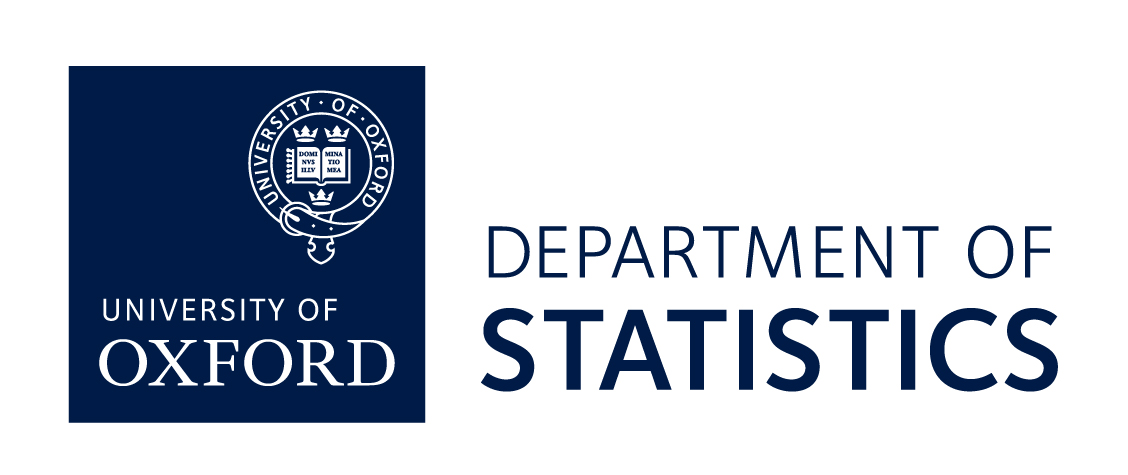STEM for Britain is a major scientific poster competition and exhibition which has been held in Parliament since 1997, and is organised by the Parliamentary & Scientific Committee. Its aim is to give members of both Houses of Parliament an insight into the outstanding research work being undertaken in UK universities by early-career researchers.
We are delighted that two Oxford Statistics research students have been selected as finalists for STEM for Britain 2022 in the Mathematical Sciences category. They will present their work to Parliamentarians and subject judges on 07 March 2022.
Desi Ivanova
Automated Adaptive Design in Real Time
Designing sequences of adaptive experiments to maximise the information gathered about an underlying process is a key challenge in science and engineering. Bayesian Experimental Design (BED) is a powerful mathematical framework for tackling the optimal design problem. Despite the huge potential of obtaining information more quickly and efficiently, the widespread adoption of adaptive BED has been severely limited by the costly computations required at each experiment iteration. In this project, we develop a new methodology, called Deep Adaptive Design (DAD), that alleviates this problem. DAD marks a critical change from previous BED methods in that it optimises a policy, parametrised by a neural network, upfront instead of optimising individual designs during the experiment. Using a single pass through the design network, DAD enables quick and adaptive design decisions in real time.
Desi is a second-year student in the StatML CDT, working with Tom Rainforth and Yee Whye Teh. This project is part of a wider research effort on Bayesian experimental design within OxCSML.
Emmanuelle Dankwa
Stochastic Modelling of African Swine Fever Transmission: Epidemic Forecasting And Comparison of Disease Management Strategies
African swine fever (ASF), caused by the African swine fever virus (ASFV), is a highly virulent disease in domestic pigs and wild boar (Sus scrofa), causing up to 100% mortality. Although the recent epidemic of ASF in Europe has a serious economic impact and poses a threat to global food security, there is unfortunately no effective treatment or vaccine against ASFV limiting the available disease management strategies. The ASF modelling challenge, organised by the French National Research Institute for Agriculture, Food, and the Environment, aimed to expand the development of ASF transmission models to inform policy makers in a timely manner. Here, we present a stochastic spatiotemporal, metapopulation model developed by our team during the challenge. With this model, we project ASF epidemic outcomes under a range of intervention strategies, facilitating the provision of evidence-based recommendations for ASF control.
Emmanuelle is a final-year student in the OxWaSP CDT, supervised by Christl Donnelly.



